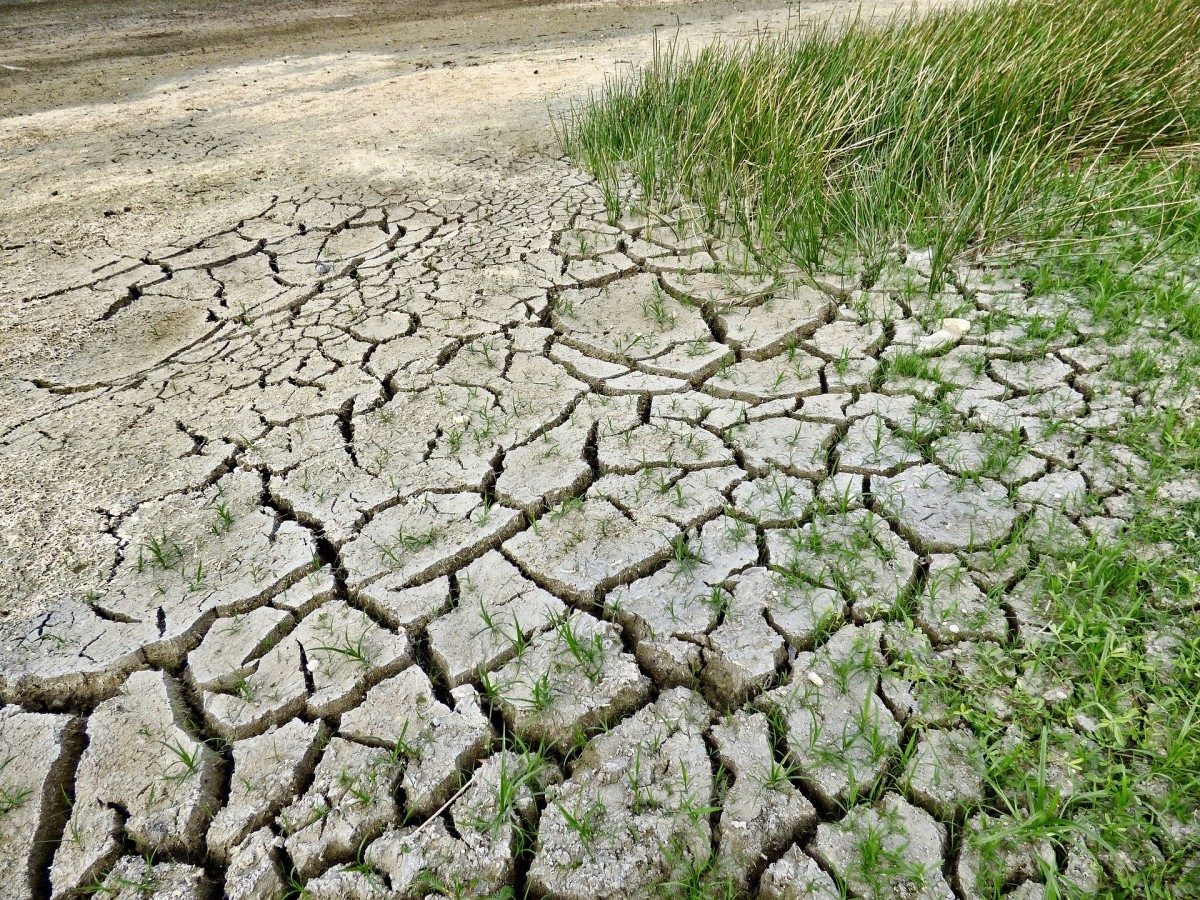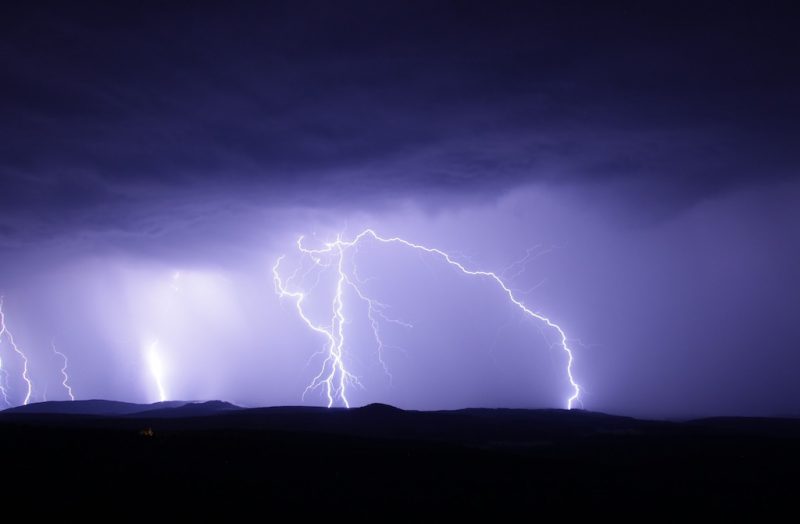
Precipitation extremes, like droughts, cause loss of life and environmental and economic catastrophes. U of M professors will study how to better predict such extremes.
Extreme research, precipitation
U of M professors Ronald Stewart and John Hanesiak, environment and geography, have received funding from the University of Saskatchewan’s Global Water Futures program to study one of Canada’s most pressing water-related challenges: precipitation extremes.
Stewart and Francis Zwiers, Pacific Climate Impacts Consortium at the University of Victoria, will co-lead the project “Climate-Related Precipitation Extremes”.
“So many impacts of climate change are linked with extremes in precipitation,” Stewart says. “This project will improve our ability to better anticipate the future occurrence of these events so that we can help numerous sectors to best cope with them.”
The study, Climate-Related Precipitation Extremes

The U of M project will provide new insights into the future occurrence of precipitation-related extremes including drought, and intense precipitation events.
The Problem: Climate extremes have many effects on agriculture, electrical utilities, infrastructure engineering, health and insurance. Precipitation extremes cause loss of life and environmental and economic catastrophes. What’s more, evidence suggests extremes will occur more in the future.
The Plan: This project will provide new insights into the future occurrence of precipitation-related extremes including drought, intense precipitation events and hazardous winter precipitation. Such extremes impact many sectors across Canada including agriculture (such as through effects on food production and crop damage), electrical utilities (such as through hydro power generation and transmission impacts), engineering design (such as through improved estimation of return levels for extreme precipitation), health (such as through impacts on water quality and water-borne diseases), and insurance (with a backdrop of recent record-breaking payouts such as the Calgary flooding and Fort McMurray wildfire).
The Outcome: Significant contributions to the overarching goal of providing new information on drought and precipitation extremes in a changing climate and environment for risk management and disaster warning. The project will seek to achieve this by working with users to diagnose and predict changes in extremes and to develop new tools and approaches to help users apply this information. This project will tackle some of the most important water-related issues and contribute to improving the capability to model the climate at unprecedented resolutions.
Critical work on a complex and evolving problem
Stewart and Zwiers’s project is one of 11 recently funded by GWF after an international peer-review process.
“This critically important research will contribute significantly to risk management solutions, provide disaster warnings, and diagnose and predict with greater accuracy what can happen to freshwater in Canada,” said GWF director Howard Wheater, Canada Excellence Research Chair in Water Security and director of the U of S Global Institute for Water Security.
In total, 106 researchers from 15 Canadian universities are involved in the 11 projects. They are collaborating with 125 partners including international institutions, government agencies, industry partners, non-governmental organizations, and Indigenous communities.
“The University of Manitoba congratulates professors Ronald Stewart and Frank Zwiers, and all their colleagues who received funding for their projects examining our most vital resource. The enormous scope of these collaborative projects, which span the globe, represent a great hope in our efforts to understand and cope with the complex and evolving water-related challenges,” says Digvir Jayas, Distinguished Professor and Vice-President (Research and International) at the University of Manitoba.
Some of the other projects are focusing on mitigating algae blooms in lakes, developing new monitoring systems for Canadian watersheds using drones and satellites, using environmental DNA to assess ecosystem health and understanding the impact that changes to mountain snow packs and glaciers will have on drinking water.
The research is made possible thanks to a grant from the Canada First Research Excellence Fund.
Research at the University of Manitoba is partially supported by funding from the Government of Canada Research Support Fund.






